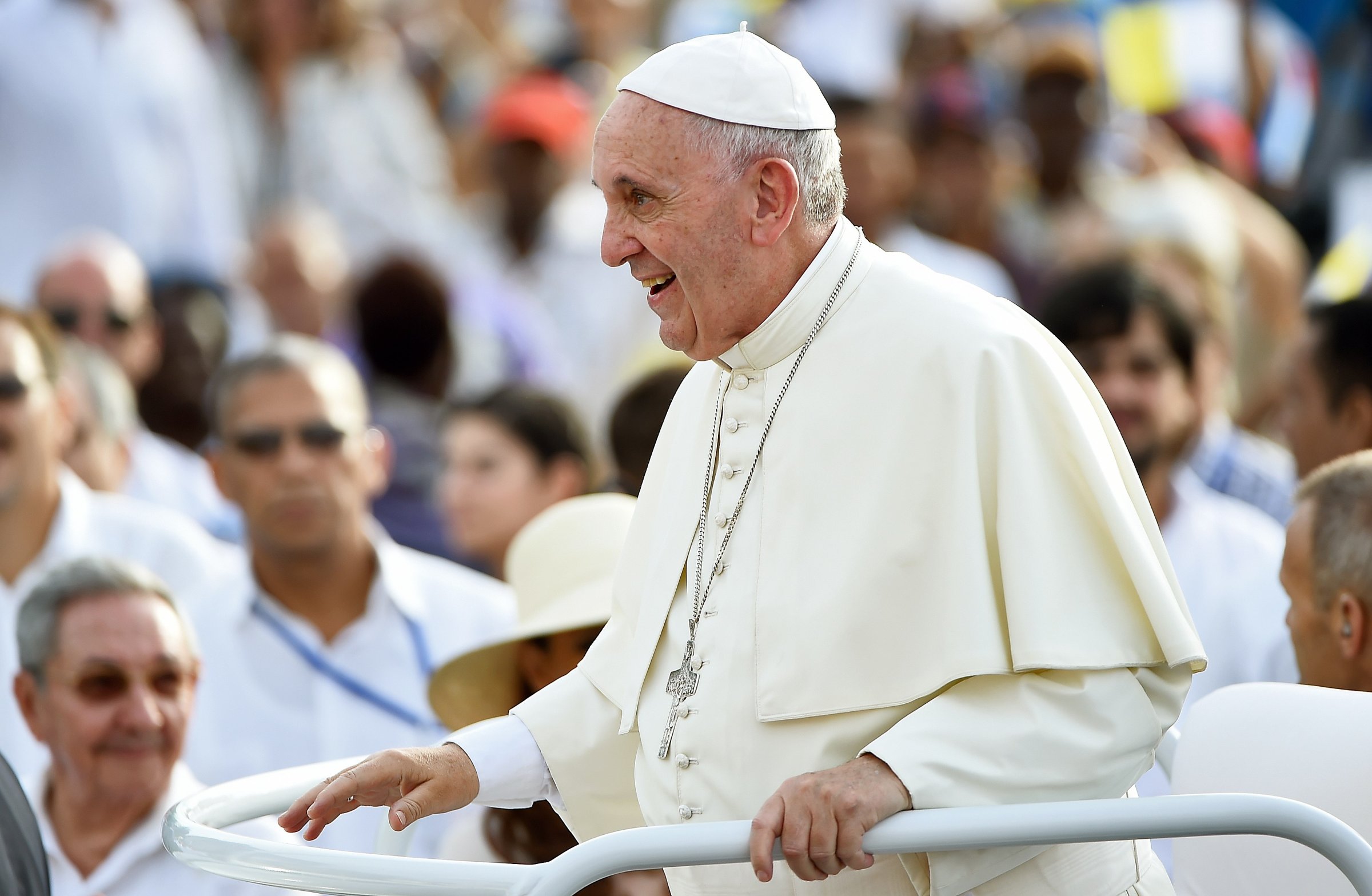
When it comes to predicting the kind of people most likely to be religious, brainiac scientists used to be everyone’s last guess. The more educated a person was, the thinking went, the more likely they were to question the supernatural.
But the supposed divide between science and religion—in which religion was seen as the less-educated person’s “science” of choice—has ironically been subject to little scientific debate, until recently.
Several years before Pope Francis became pope of the Catholic Church in 2013, psychologists began to debunk the idea that being more educated meant a person was less likely to be religious. Instead, a new social psychology theory—one that had little to do with education level—arose. According to dual process theory, people are either deliberative or intuitive when they make decisions. People who are more deliberative tend to carefully think things through and find a rational reason for their choices, while people who are more intuitive do what appears to feel right.
MORE: Here Are The 5 Controversies Over Pope Francis’ Visit To Washington
David Rand, who leads Yale University’s Human Cooperation Laboratory and studies decision-making, was one of the first to suggest that intuition and deliberation were key to a person’s religiosity in a paper he co-wrote in 2011.
In the paper, Rand and his colleagues used the Cognitive Reflection Test, which measured a person’s levels of intuition or deliberation by how they answered questions. Intuitive answers were compelling but often not correct. (For example, in the riddle of whether a pound of feathers or a pound of bricks is heavier, the intuitive person might see the weight disconnect between bricks and feathers, hone in on it immediately and answer that the bricks are heavier. The deliberative person might step back, consider the question, notice that both options are measured at a pound and deliver the correct answer: neither.)
People who gave more intuitive answer were found to have a stronger belief in God.
See Photos From Pope Francis' Arrival in Cuba
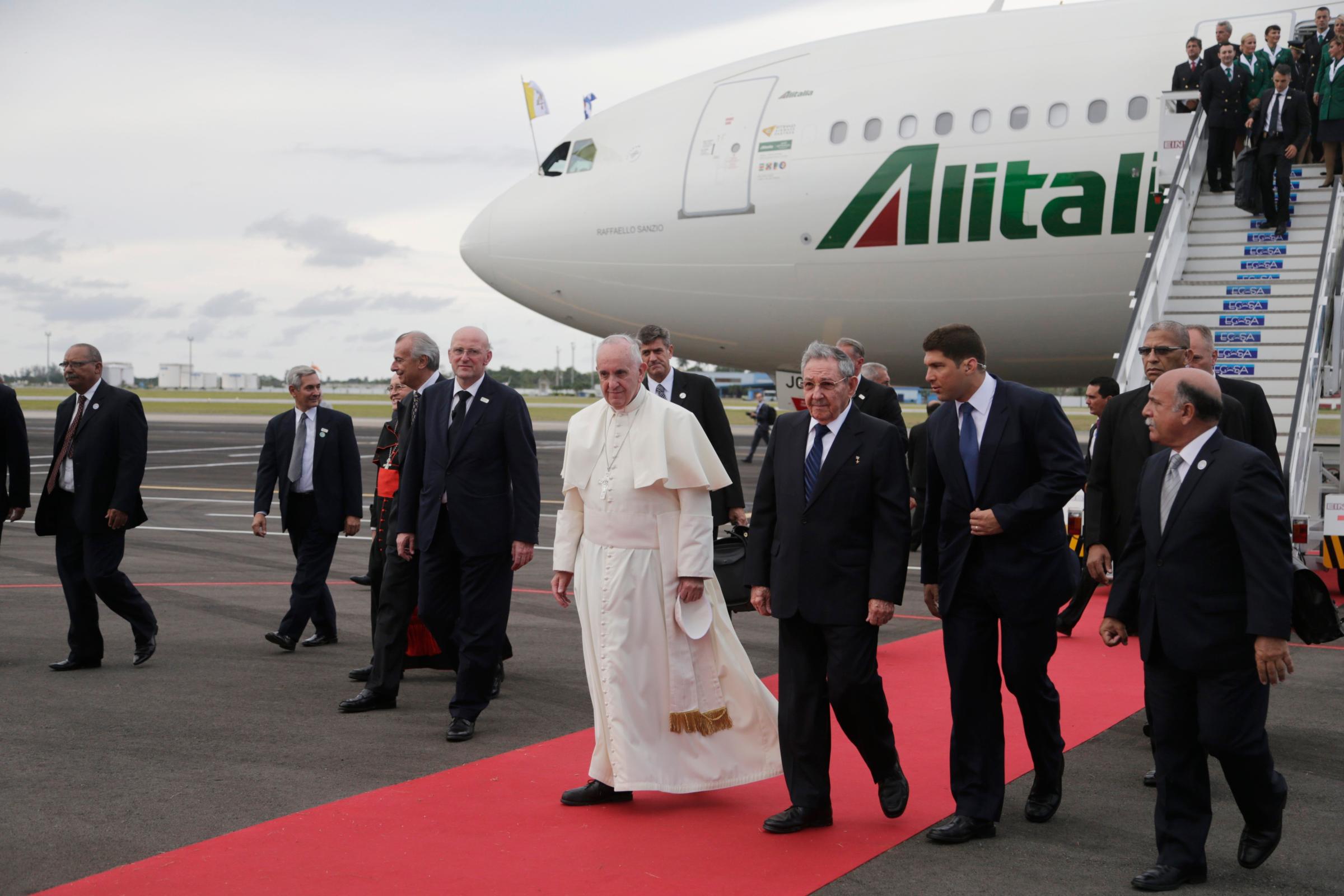
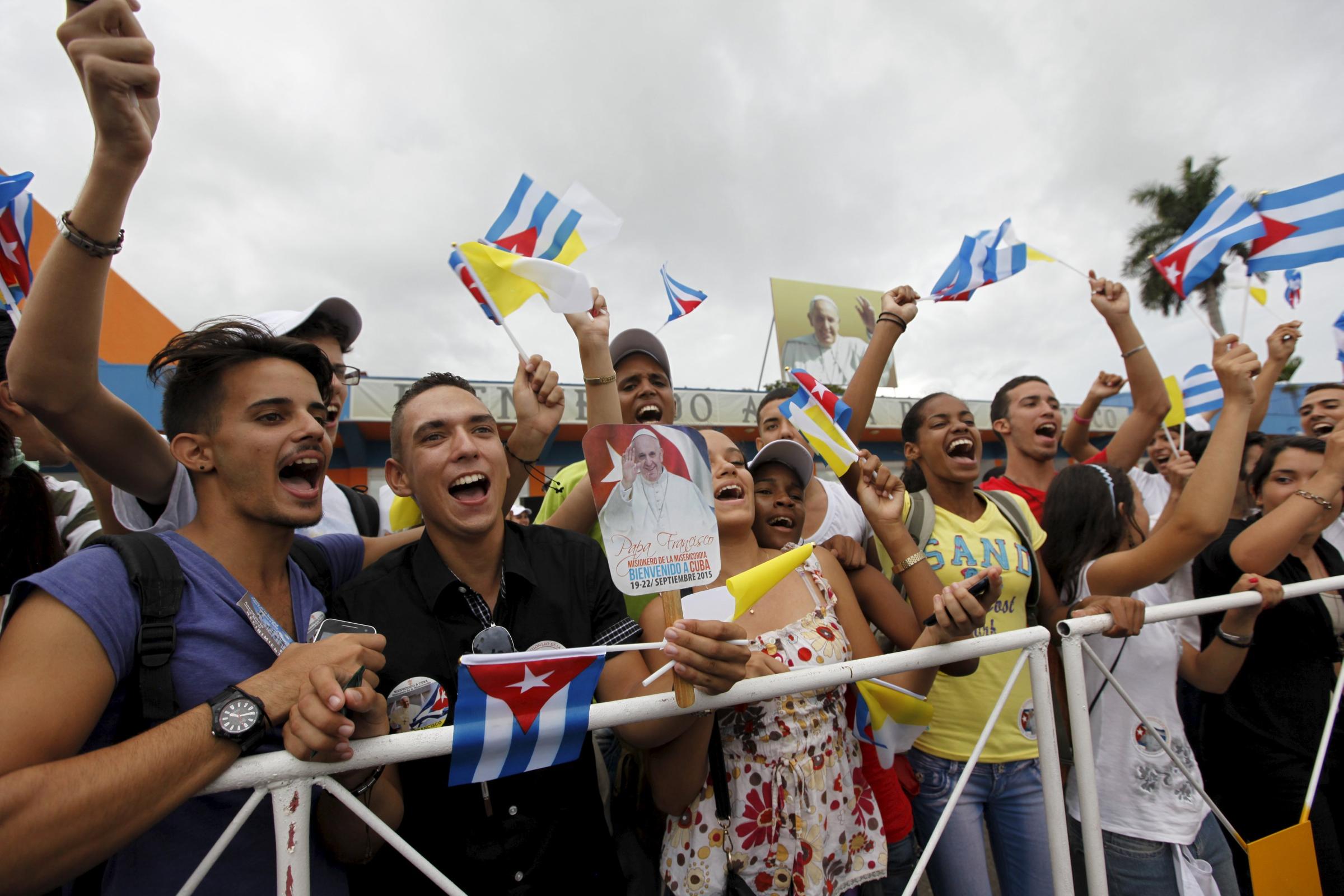
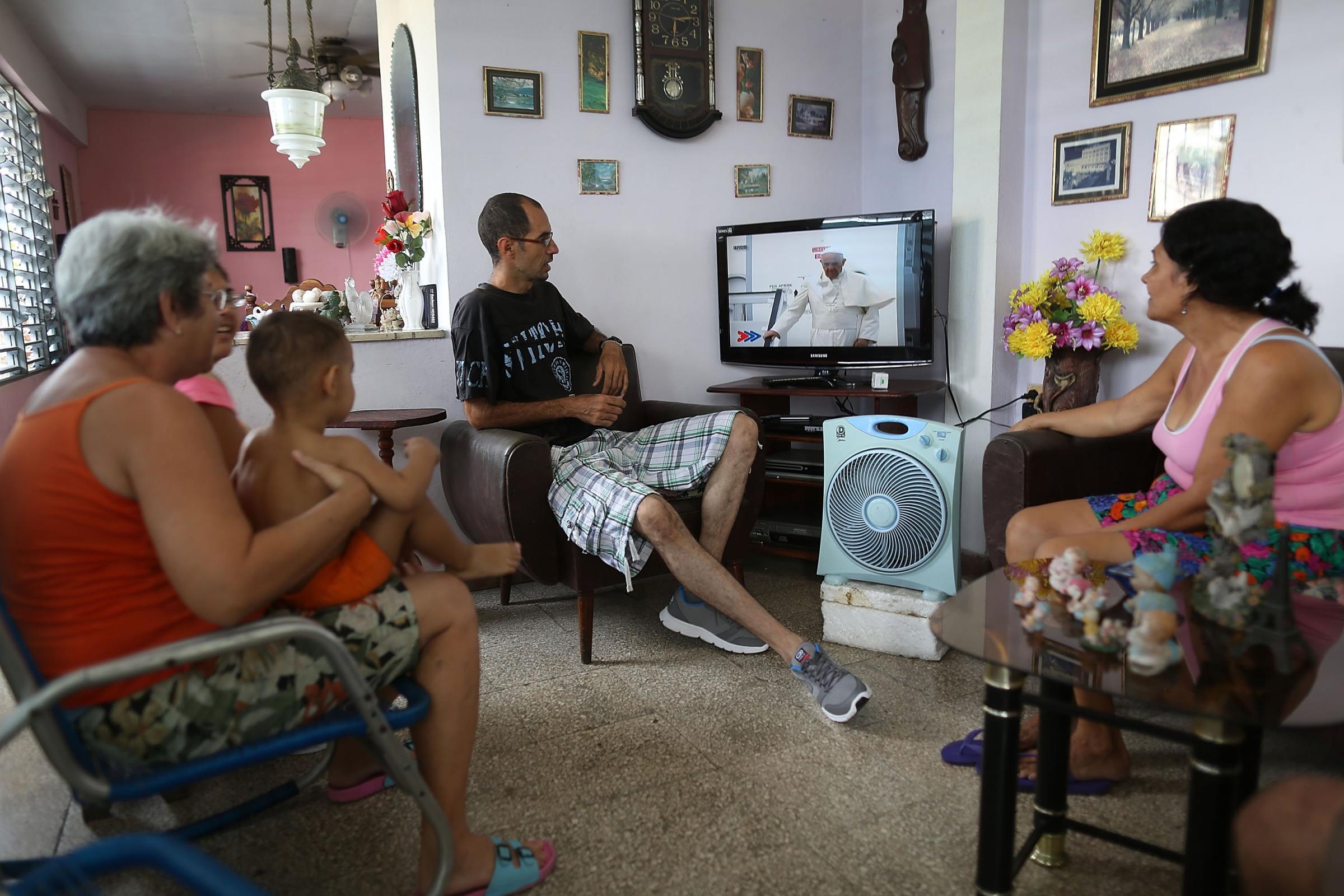
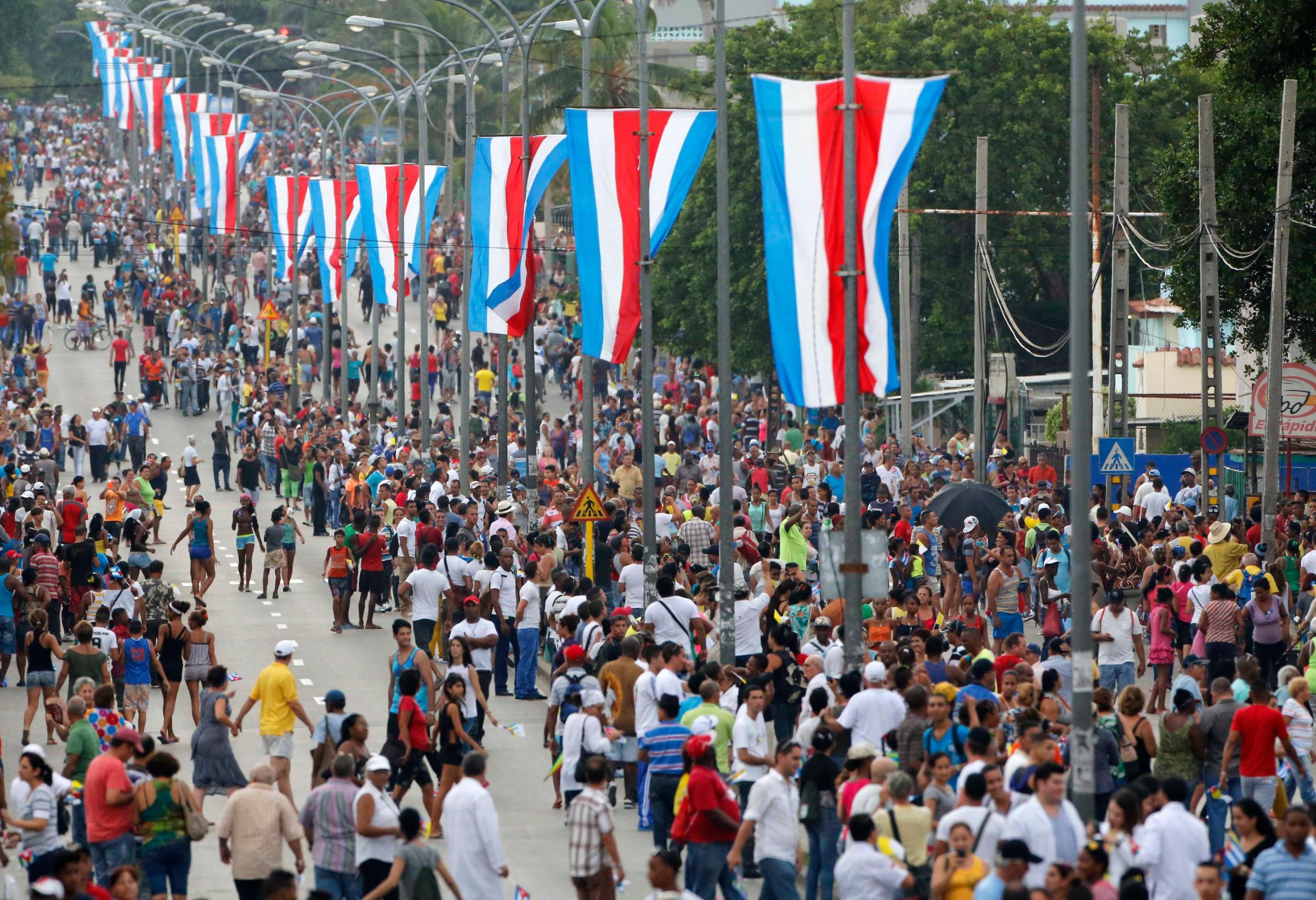

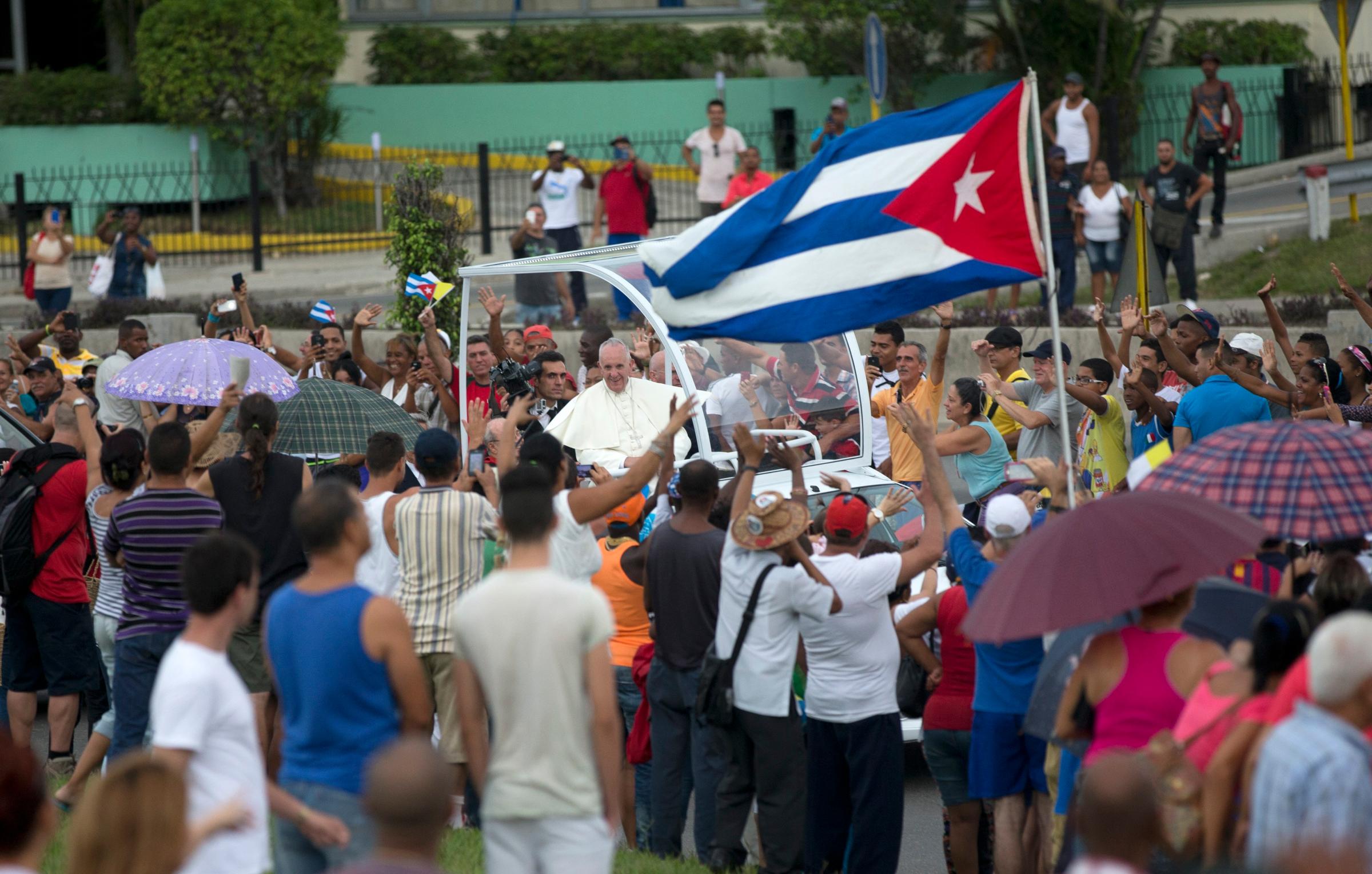
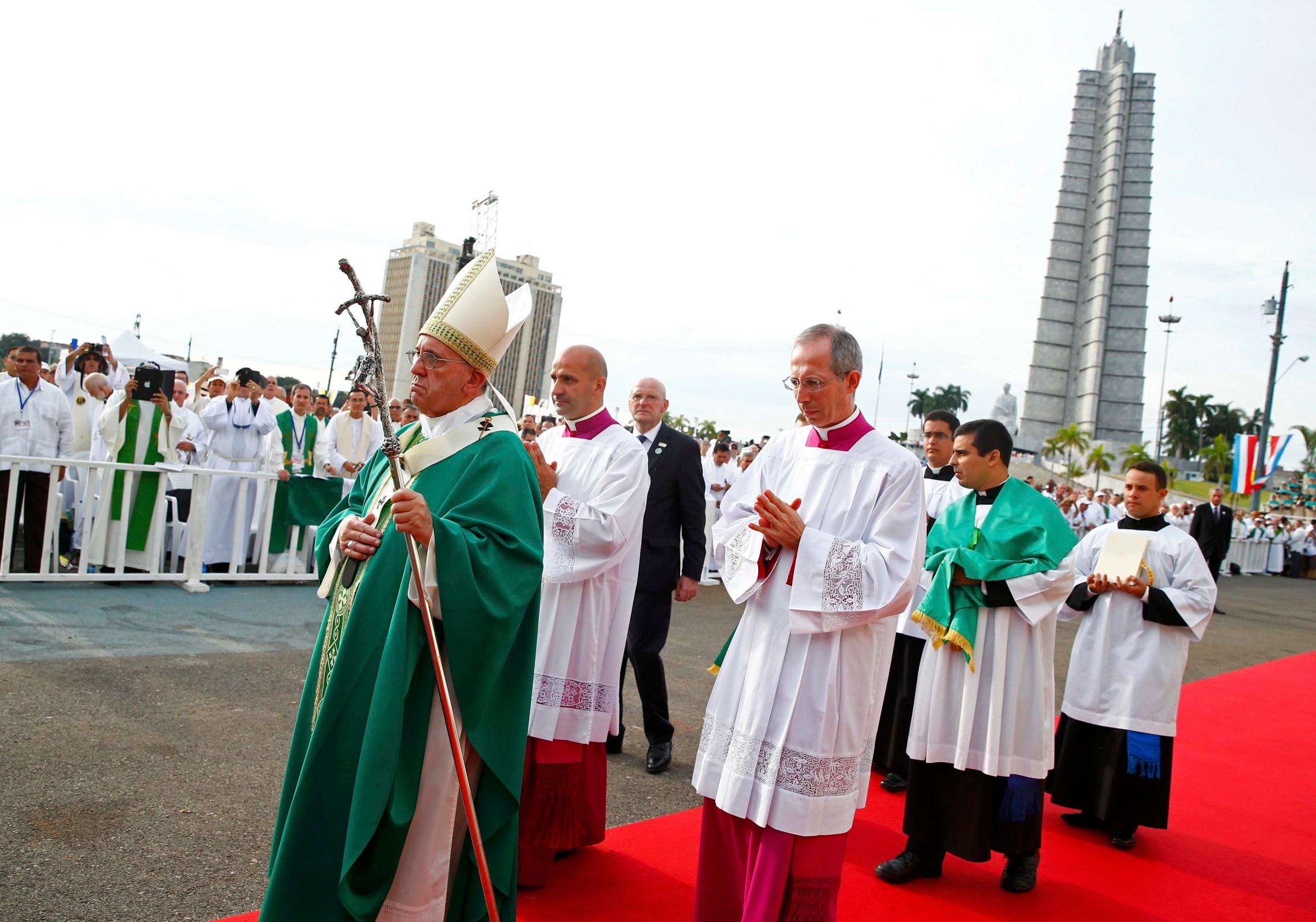
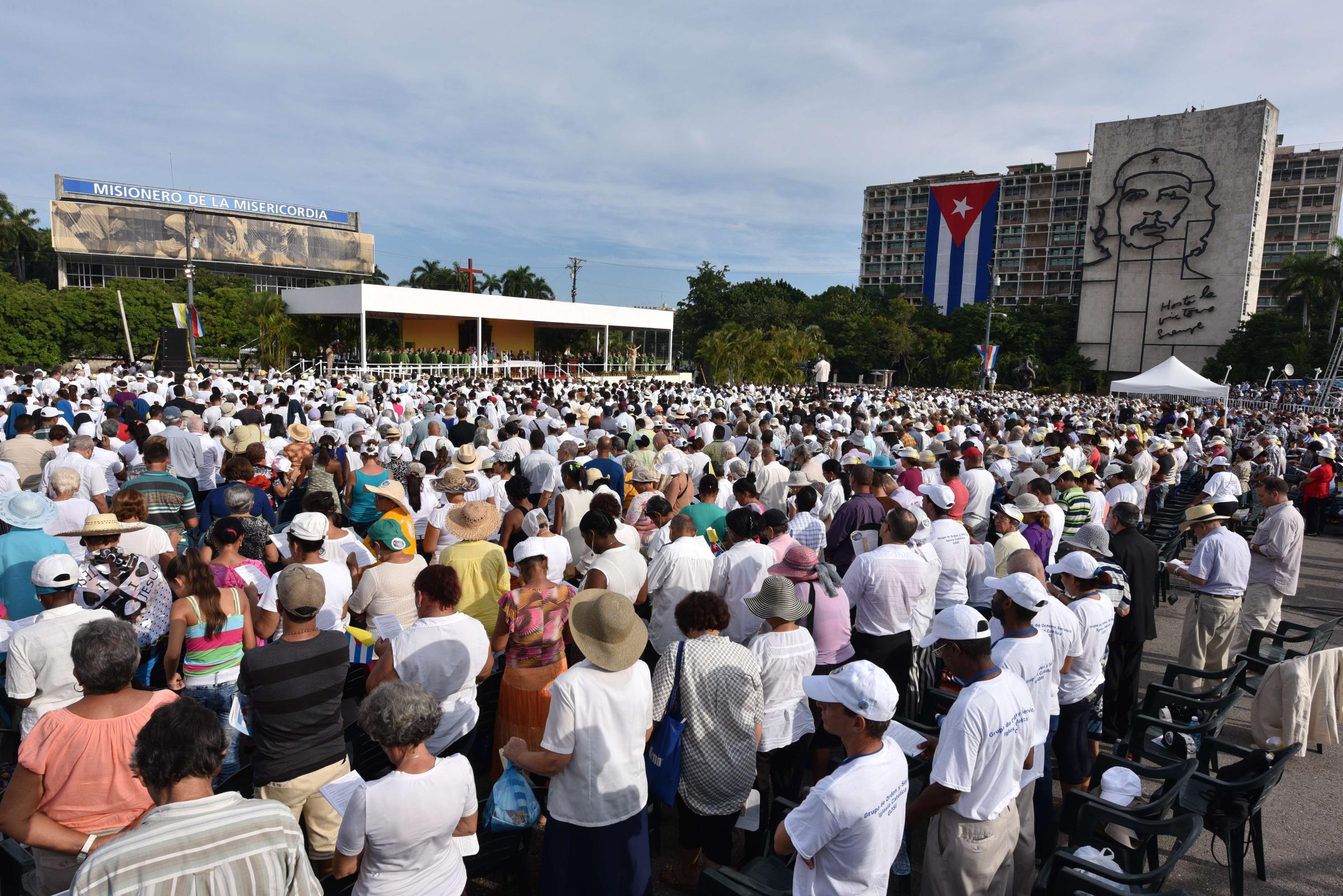
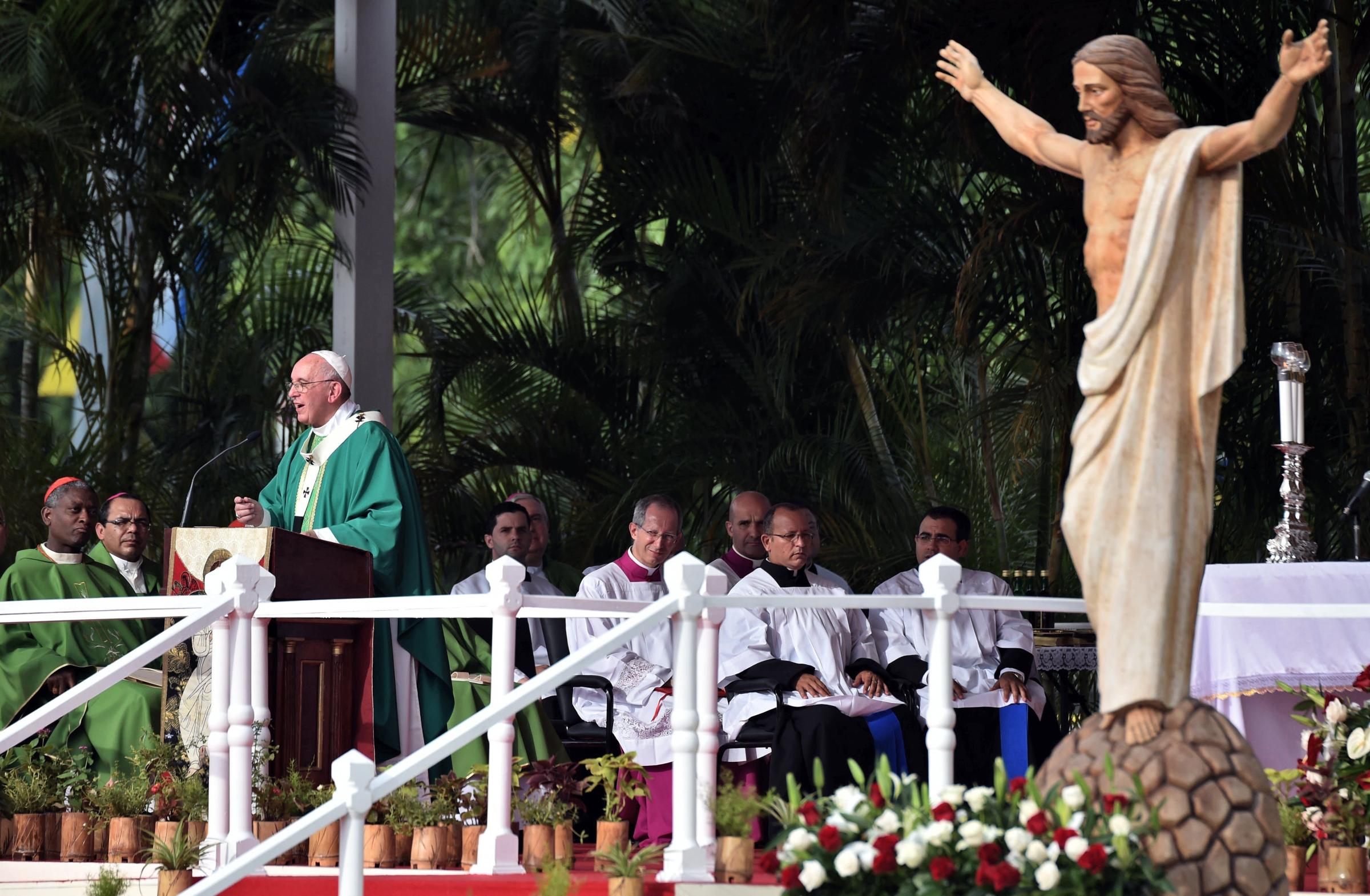
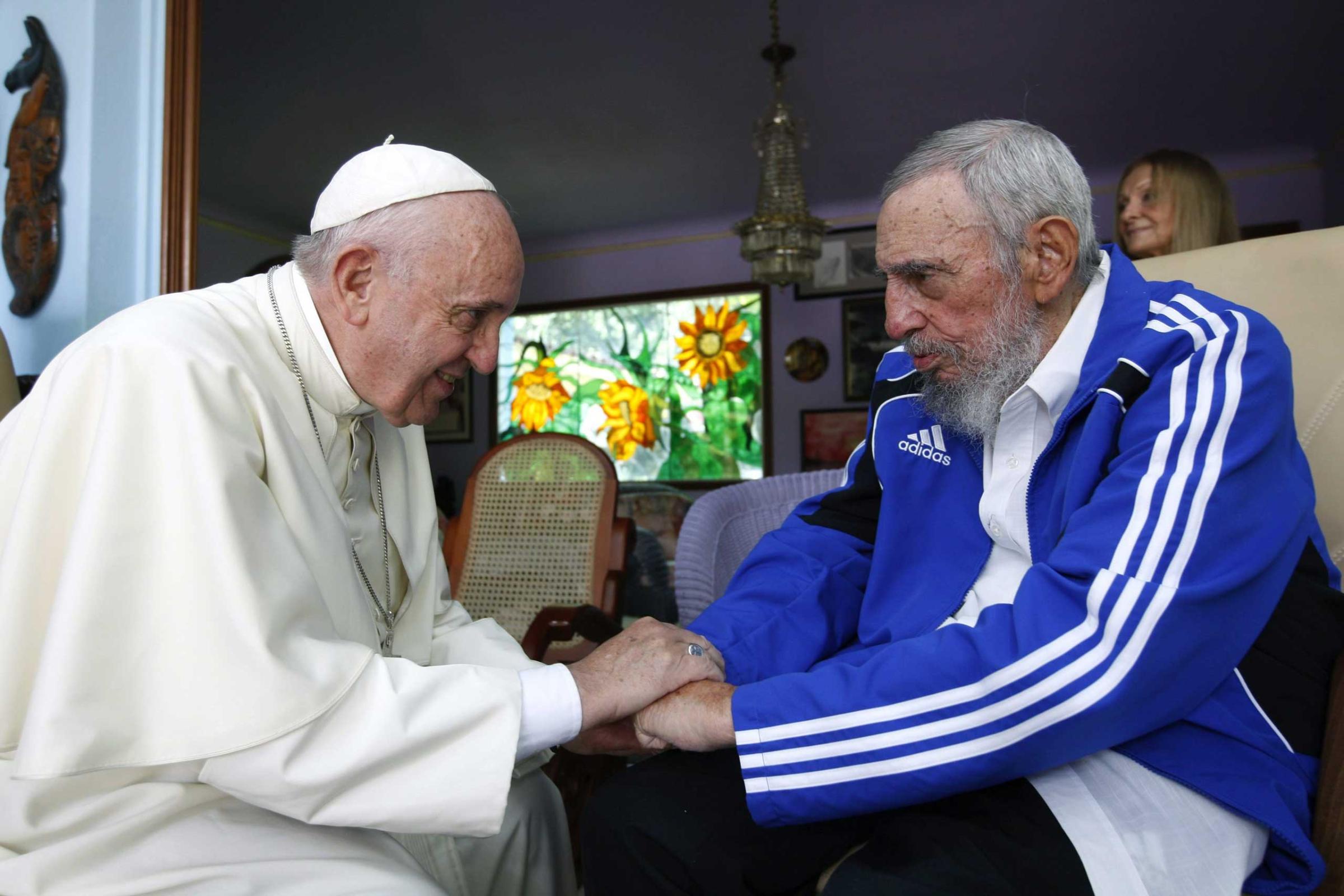
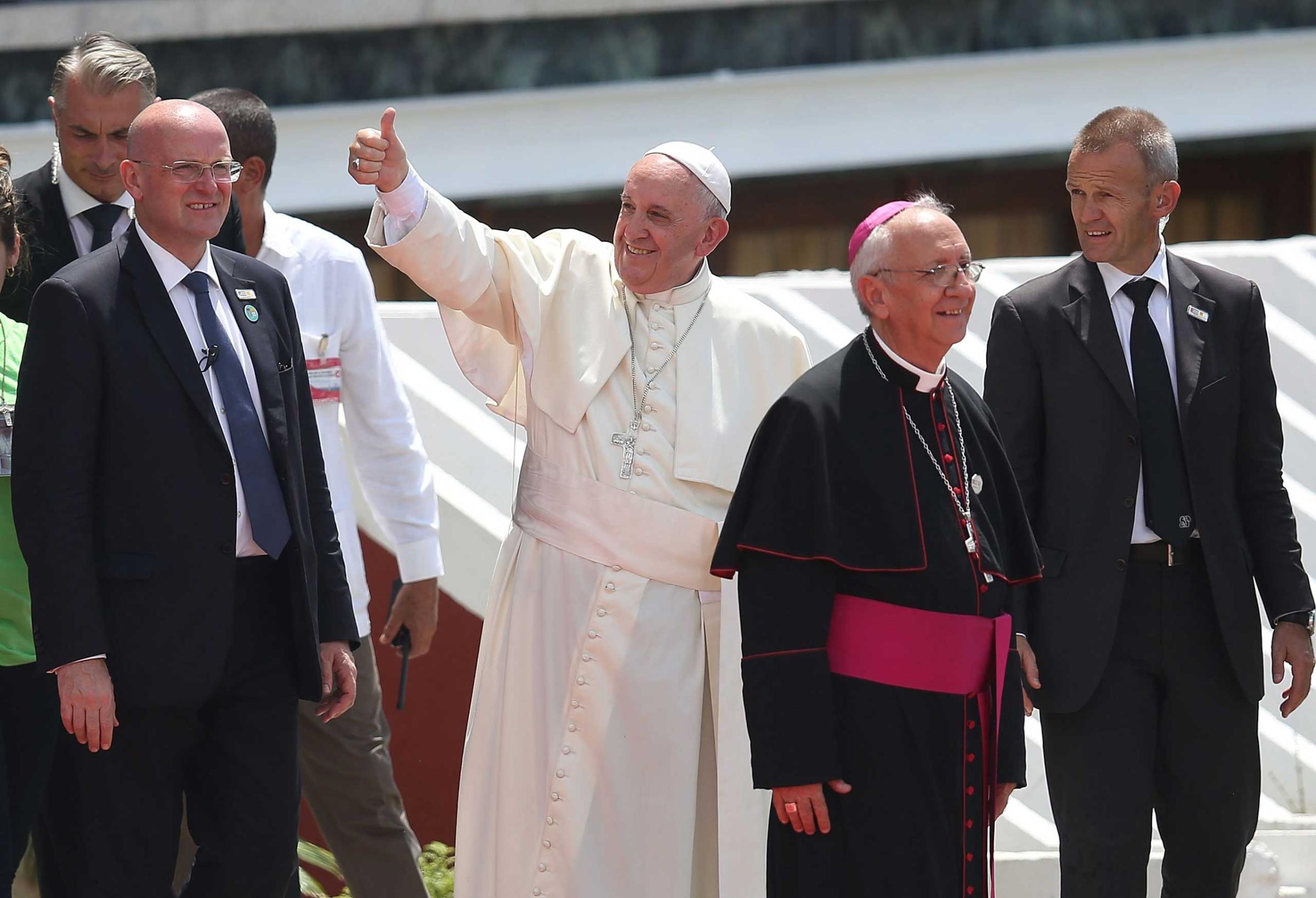
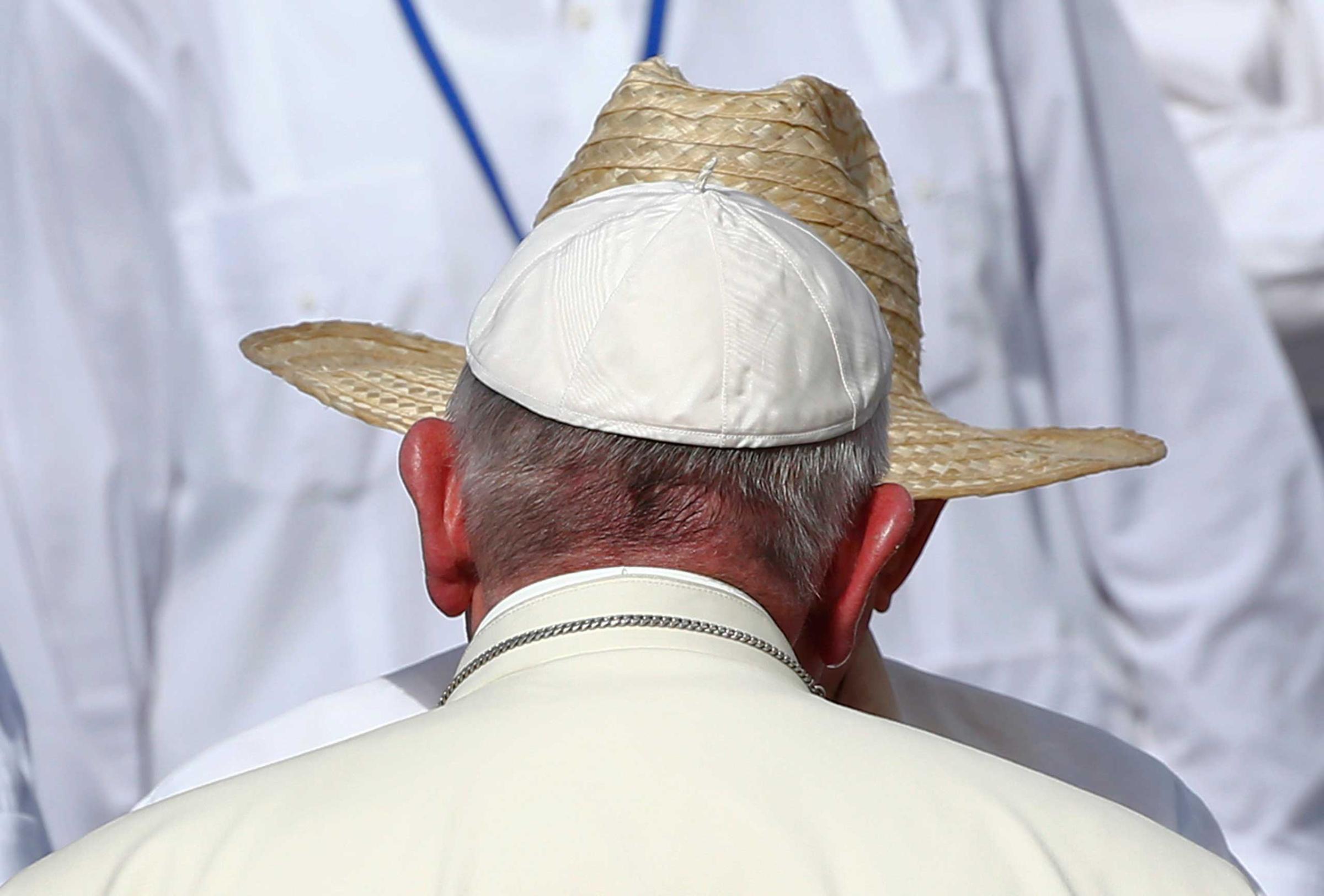
“Certain intuitive processes tend to lead one to believe in God,” Rand says. “Some people have an intuitive tendency to attribute intention to the world around them: that somebody intended something to happen to you.” A deliberative person, on the other hand, might interpret something that has happened to them as a result of a series of events, or they may simply believe that there is no explanation.
He wasn’t alone in his findings. Gordon Pennycook, who is completing his PhD at the University of Waterloo, also co-wrote a paper that came to the same conclusion. Pennycook found that while being more educated was correlated to being more atheistic, more important was whether they thought deliberatively or intuitively.
“Education can play a role in that education can train you to think more analytically,” Pennycook says. “But it’s not about knowledge per se. It’s more about what type of critical thinking you’re prone to do.”
Measuring religiosity, however, can be problematic. Both Rand’s and Pennycook’s experiments relied on simple yes or no answers to the question “Are you religious?”—making it nearly impossible for agnostics or culturally religious people to accurately answer that question. And it’s still unclear what makes a person more intuitive or deliberative. Religious upbringing may not tell the entire story, Rand’s findings suggest. “We found that how intuitive versus deliberative you are is not correlated with how religious your family was growing up,” he says.
Regardless of the mechanism behind how we make decisions, we likely use both tactics, Rand says. “People exist on a spectrum,” he says. “There’s no optimum place, per se, on that spectrum, but being on the extremes might not be good. If you’re too intuitive, you get things wrong a lot. If you’re too deliberative, you’re not efficient in using your rules of thumb.”
More Must-Reads from TIME
- Donald Trump Is TIME's 2024 Person of the Year
- Why We Chose Trump as Person of the Year
- Is Intermittent Fasting Good or Bad for You?
- The 100 Must-Read Books of 2024
- The 20 Best Christmas TV Episodes
- Column: If Optimism Feels Ridiculous Now, Try Hope
- The Future of Climate Action Is Trade Policy
- Merle Bombardieri Is Helping People Make the Baby Decision
Write to Tanya Basu at tanya.basu@time.com